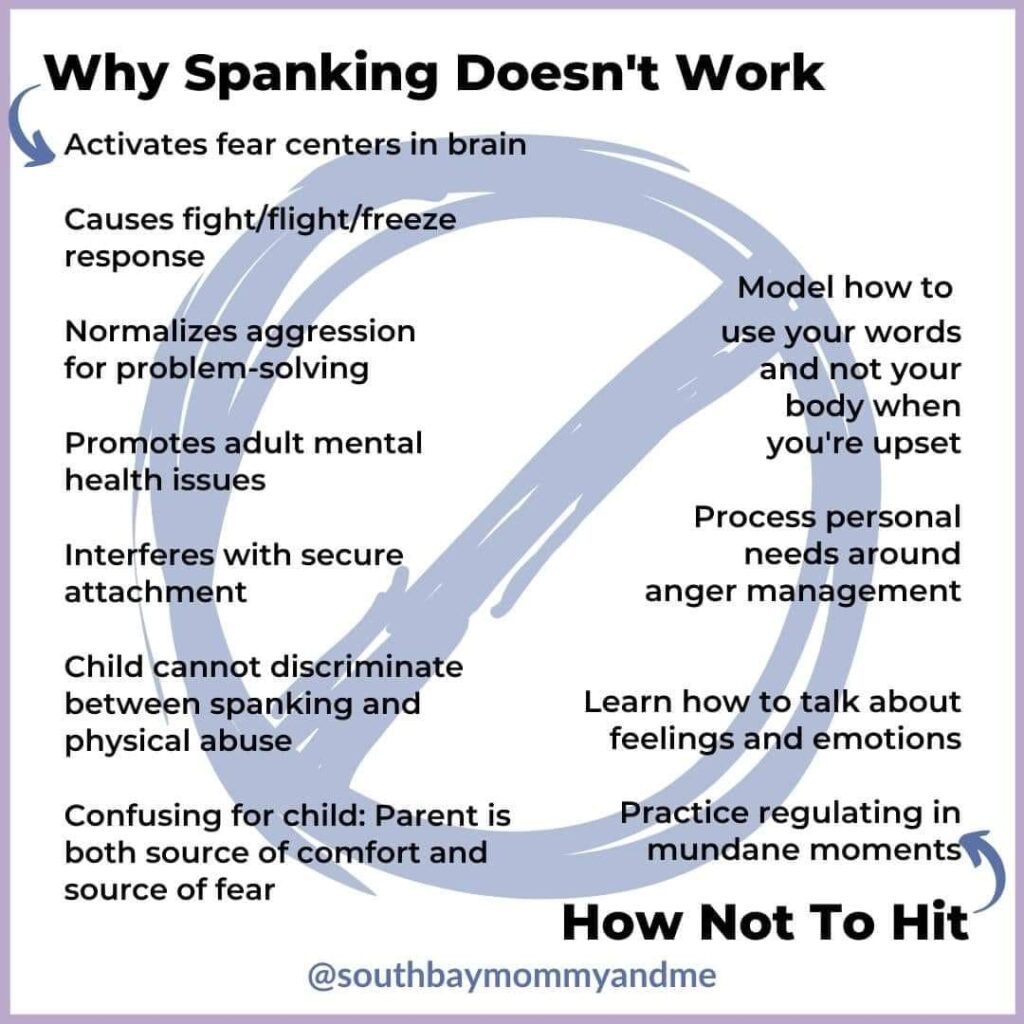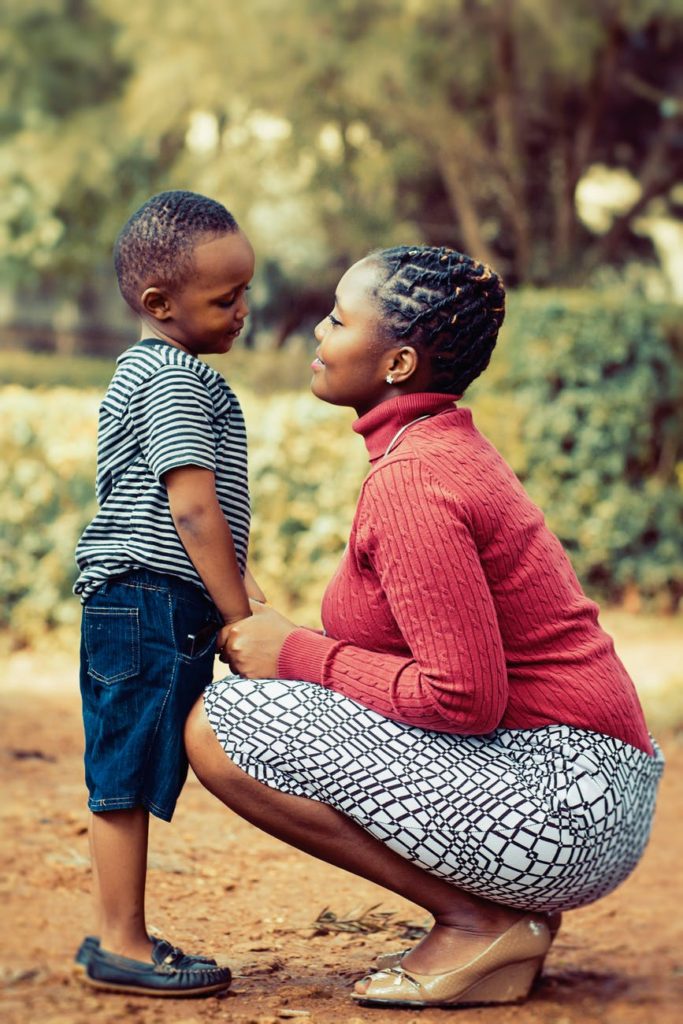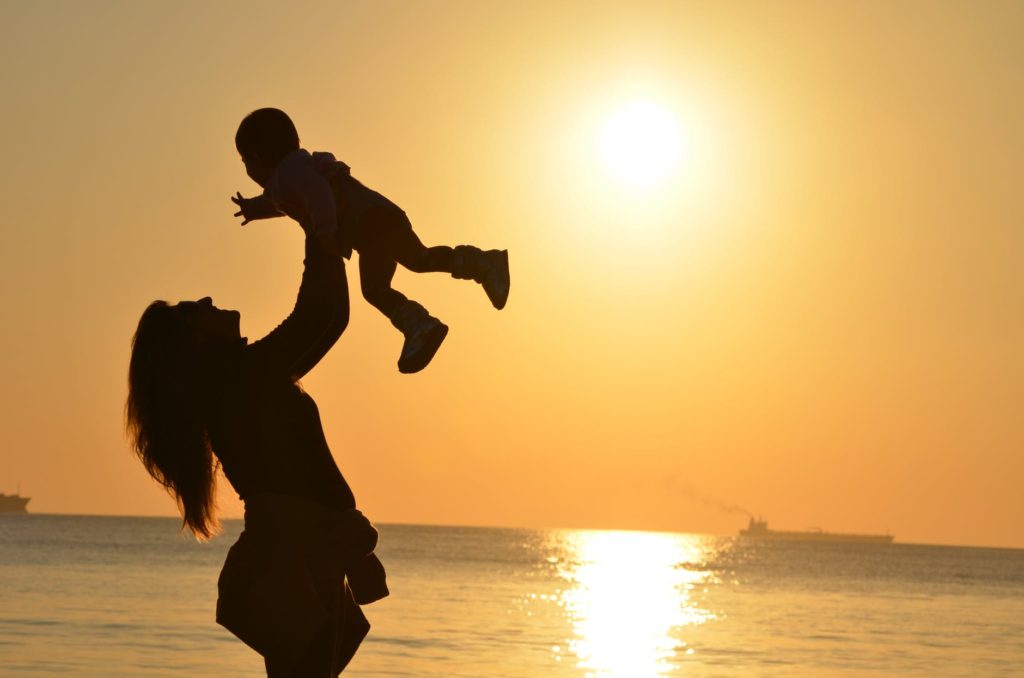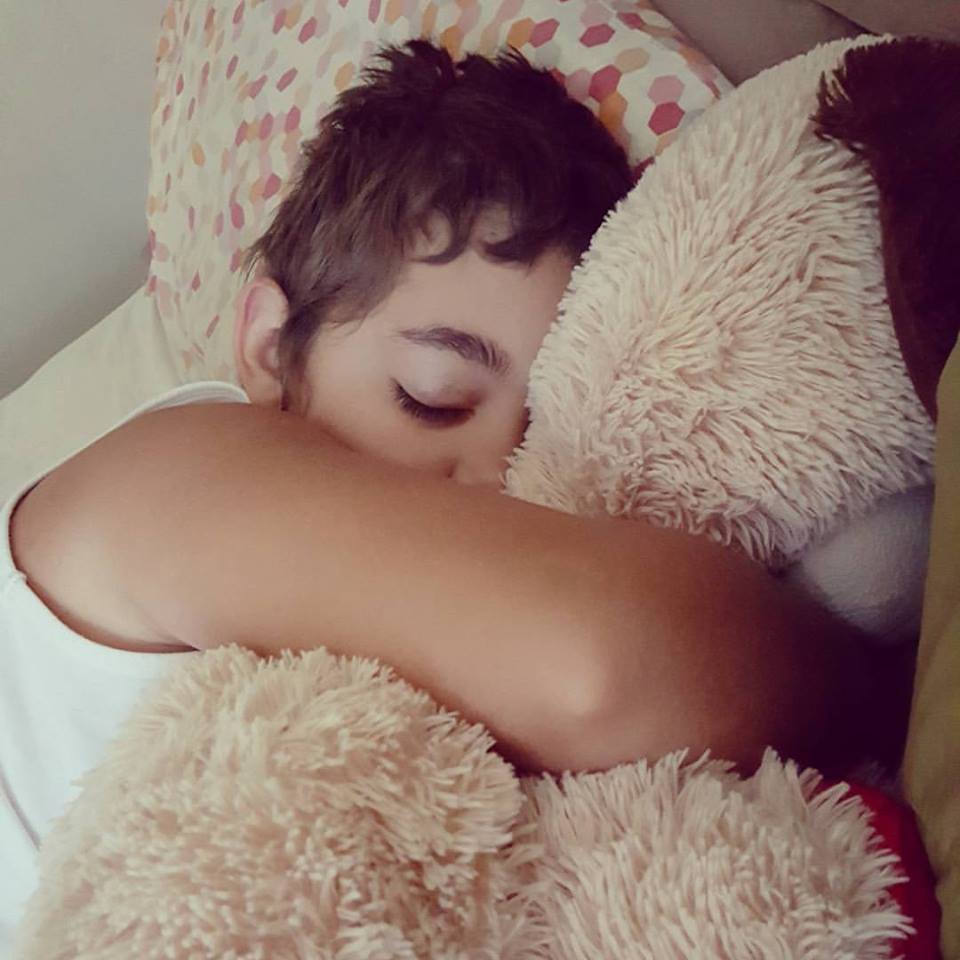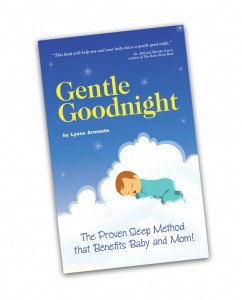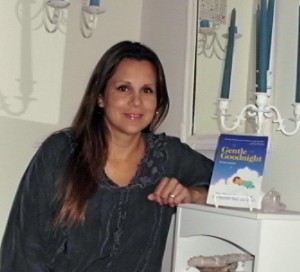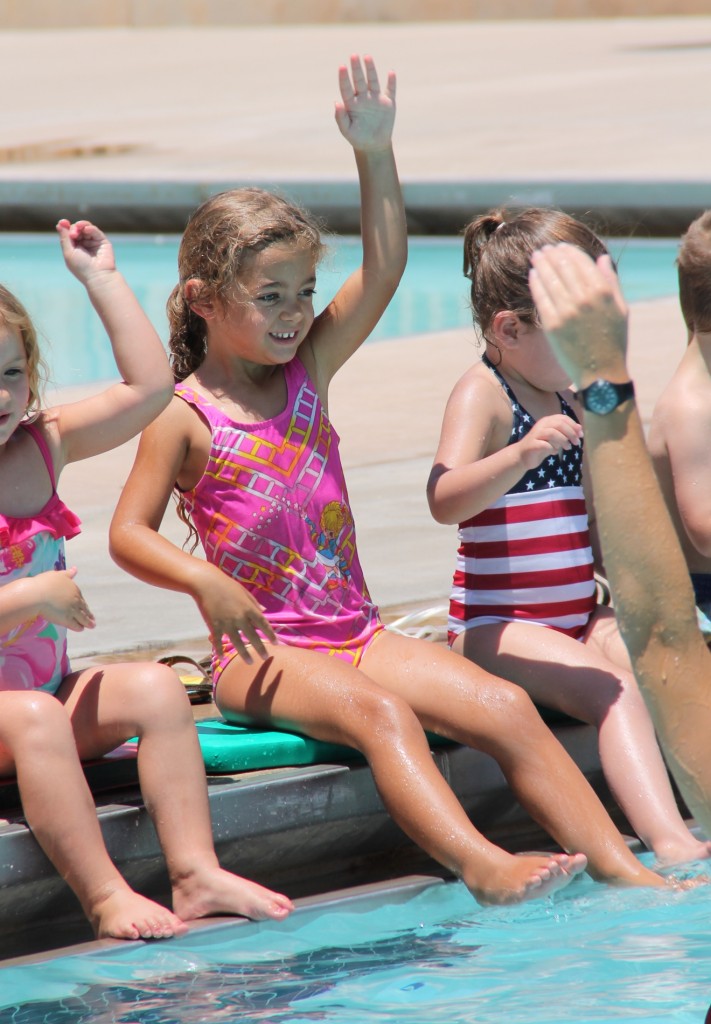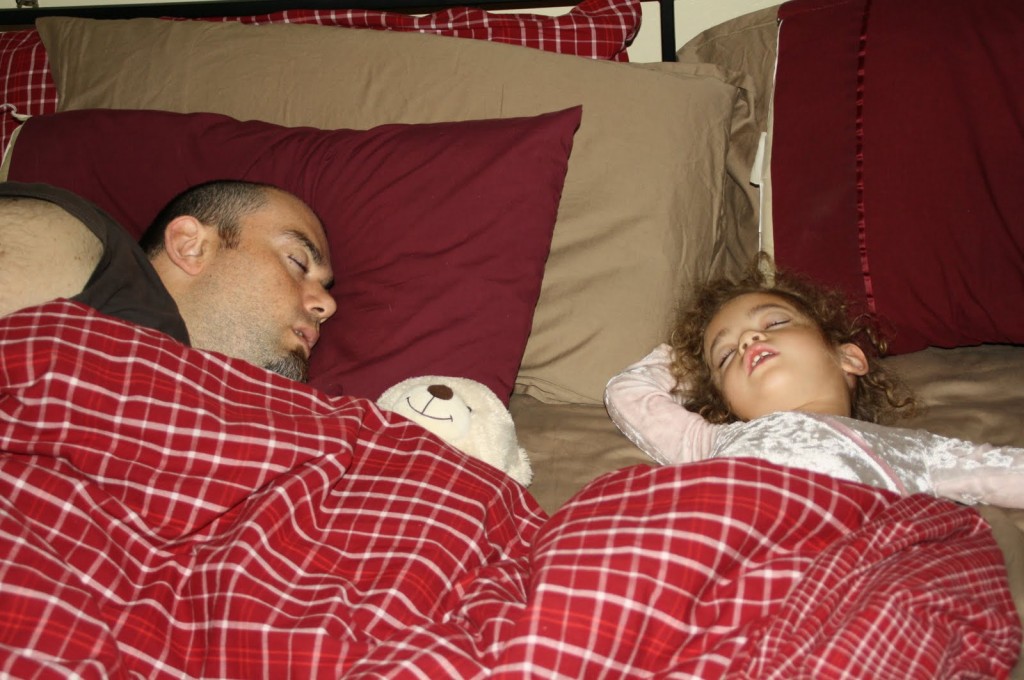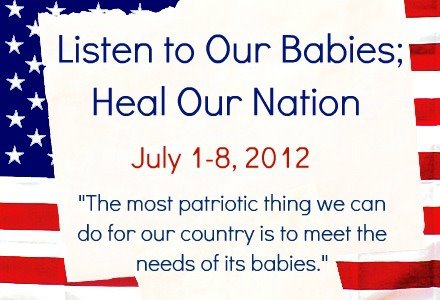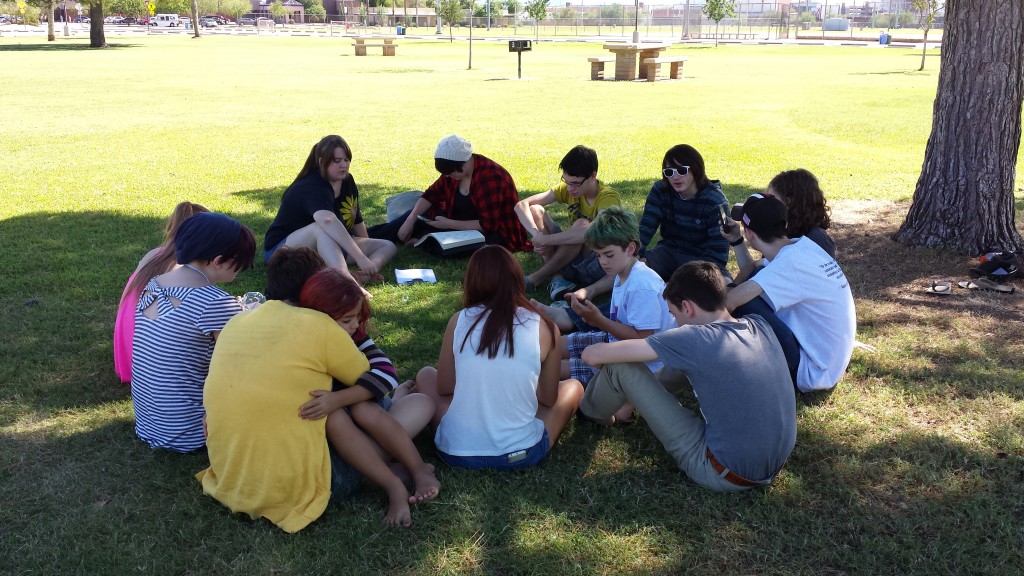
My oldest became a teenager twelve years ago, and my youngest (of four) is now 14. We’ve been at this teen gig for awhile now. And while society’s common teenage refrain tends to be a negative one – “Just wait till your kids are teens!” – I am finding myself appreciating the teen years more and more as time goes on. Here are five things I wish someone had told me before I had teens.
1. It doesn’t have to be the battle everyone says it will be. This is a stereotype that needs to die… the sullen, rebellious teenager whose main mode of communication is rolling their eyes and slamming the door… the fights over friends and curfews and clothing choices… the disrespect, the backtalking, the “I hate you” phase. It doesn’t have to be that way. No, teens are not perfect (no age is perfect), but given respect and freedom and autonomy, the transition can be a relatively smooth one. I have thoroughly enjoyed and appreciated all four of my kids as teens, and I actually think it’s one of my favorite ages. Teens are cool. They’re fun, they’re smart (more on that later) they’re funny. No longer dependent on you to fix their snacks and put them in the bath and pack their sippy cups, you get to relate to them on a whole new level. It takes some patience – there’s a whole lot of growth and big changes happening all at once – but if you can navigate the teen years as their partners instead of their adversaries, it is so, so worth it. Teens are awesome.
2. It’s okay to be their friend. I have written several times about being friends with your kids (you can read two of them here and here), but I think it’s never more important than it is when they are teenagers. Your teens need a good, faithful friend. Someone they can rely on. Someone they can come to with good news and bad. Someone who will give them honest advice. Someone who will listen, unconditionally. Someone they can laugh with, play with, have conversations with. Being a teen can be hard, but you can be their soft place to fall. Same age peers sometimes come and go, but you get the privilege of being a constant, someone they can count on no matter what. I credit a lot of different factors for having a good relationship with my teens, but being their friend is near the top of the list.
3. They’re like big toddlers. I mean this in the best possible way, so hear me out. One of the things I find most endearing and fascinating about toddlers is the way they are straddling two worlds. One moment they are still your baby, and the next they are strongly asserting their big kid independence. “I do it myself!” is a refrain that’s familiar to anyone who’s ever had a toddler. They are learning about testing their own limits, and about stepping out of their comfort zone. They’re learning about how good it feels to make some decisions on their own, and test of the waters of autonomy. At the same time, they have the safety and comfort of knowing they can be back in your arms at any time, and that you’re still their protector if life gets overwhelming or scary. Teenagers are the exact same way. They’ve got one foot firmly in adulthood, while the other is still a child that sometimes needs to seek the safety and familiarity of Mom. Both are valid, and both are okay. I love seeing both of these sides of my teens, and I’ve learned to be flexible as I never know which one I’m going to get. One minute they’re making big decisions about college and jobs and who to vote for in the upcoming election, and the next they’re letting us hold their hand while they cry. I am here for all of it.
4. There will be times they are smarter than you. There’s a stereotype that says that teens think they “know everything.” And while nobody knows everything, today’s teens are smart! I’ve learned that I sometimes need to humble myself enough to defer to them, and to recognize that sometimes they know more than I do. Whether it’s current events, how to handle a complicated social situation, or the ins and outs of that fancy new app, I am constantly learning from my teens. It would be counter productive and disengenuous to assume that I always know best just because I’m older. Kids, especially teens, know so much more than they’re given credit for. It is a pleasure and a privilege to be able to learn both with them and from them.
5. It will hurt when they move out. Two years ago, our then-20-year-old decided to move out and get his own place with a couple of friends. A year later he got married. And yes, we’d raised him to be confident and independent. He was ready. We were ready. But… it hurt. I wish someone had warned me how much it would take my breath away when he moved out. That as happy as I’d be for him, that a part of me would also have to mourn and grieve. While you’ll always be mom and dad, the dynamic changes completely once they’re out on their own. They’re working, they’re doing their own shopping and their own laundry, they’re making their own plans, they’re seeking their own healthcare. You’ve given them their wings, and your role as their parents is more different than it’s ever been. I am so thankful for the close relationship that we still have, one that has transitioned from a child and caregiver role, to one that’s respectful of his new independent adult life. I’m glad he still comes home, I’m glad he still texts us with news, I’m glad he still enjoys accompanying us out to eat and to ball games and to escape rooms. But the parenting landscape completely changes once they move out, and once you’re done grieving you have to be flexible enough to change with it.
Having and raising teens is one of the most rewarding things I’ve ever done. I’m more proud of my teens (and young adults!) than I’ve ever been of anything in my entire life. Parenting teens is not always easy, but very few things in life are. Some days are hard. But is it worth it? To check your ego at the door, and accept and respect your teens for all their complicated, constantly growing and changing perfectly imperfect glory? Yes. Yes. A million times, yes.


